Prime Minister Boris Johnson has announced severe public restrictions, likened to a lockdown, in an effort to combat Coronavirus.
This comes after the number of confirmed Coronavirus cases in the UK rose earlier to 6,650, up 967 from yesterday’s total.
What is happening
From tonight, people will only be allowed to leave their homes for:
- Essential shopping – once a day
- Exercise – once a day
- Medical reasons or the care of the vulnerable
- Travel to essential work
The government say they will immediately:
- Close all shops selling non-essential goods
- Stop all gatherings of more than two people in public
- Stop all social events, including weddings and other ceremonies, but allow funerals
Parks will remain open for exercise but gatherings will be dispersed, he says.
“If you don’t follow the rules the police will have the powers to enforce them, including through fines and dispersing gatherings,” Johnson added.
Boris Johnson also said: “No prime minister wants to enact measures like these. If too many people become unwell at the same time, the NHS will be unable to handle it.”

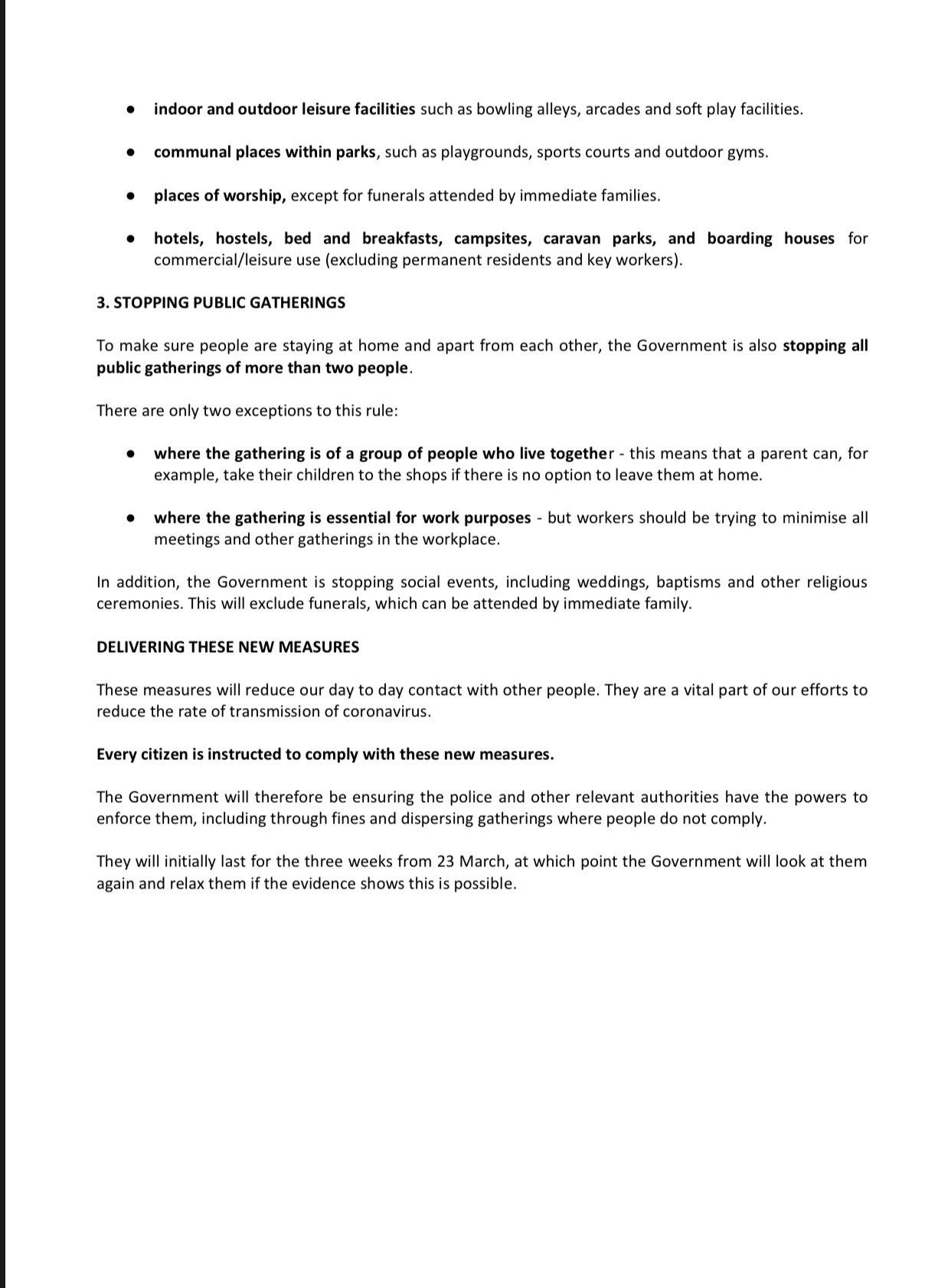
What is essential work?
Your work is essential if you work in one of the critical sectors listed below:
- Education and childcare – This includes childcare, support and teaching staff, social workers and those specialist education professionals who must remain active during the COVID-19 response to deliver this approach.
- Key public services – This includes those essential to the running of the justice system, religious staff, charities and workers delivering key frontline services, those responsible for the management of the deceased, and journalists and broadcasters who are providing public service broadcasting.
- Local and national government – This only includes those administrative occupations essential to the effective delivery of the COVID-19 response, or delivering essential public services, such as the payment of benefits, including in government agencies and arms length bodies.
- Food and other necessary goods – This includes those involved in food production, processing, distribution, sale and delivery, as well as those essential to the provision of other key goods (for example hygienic and veterinary medicines).
- Public safety and national security – This includes police and support staff, Ministry of Defence civilians, contractor and armed forces personnel (those critical to the delivery of key defence and national security outputs and essential to the response to the COVID-19 pandemic), fire and rescue service employees (including support staff), National Crime Agency staff, those maintaining border security, prison and probation staff and other national security roles, including those overseas.
- Transport – This includes those who will keep the air, water, road and rail passenger and freight transport modes operating during the COVID-19 response, including those working on transport systems through which supply chains pass.
- Utilities, communication and financial services – This includes staff needed for essential financial services provision (including but not limited to workers in banks, building societies and financial market infrastructure), the oil, gas, electricity and water sectors (including sewerage), information technology and data infrastructure sector and primary industry supplies to continue during the COVID-19 response, as well as key staff working in the civil nuclear, chemicals, telecommunications (including but not limited to network operations, field engineering, call centre staff, IT and data infrastructure, 999 and 111 critical services), postal services and delivery, payments providers and waste disposal sectors.
If workers think they fall within the critical categories above, they should confirm with their employer that, based on their business continuity arrangements, their specific role is necessary for the continuation of this essential public service.


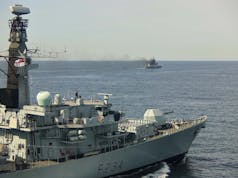
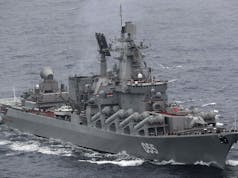
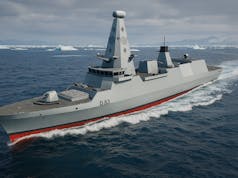





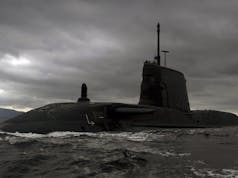


Three weeks is only the start.
Agree. They know many will go ape if announced it is months or more in one go. This way is better.
Of course – good point !
No idea if true, but I recall reading that in selection for UKSF people would break down the vast distance they need to cover to smaller sections, like the next hill, as an easier challenge. Once they do that small bit, it is a minor victory then on to the next hill, and so on. Makes it easier to handle.
Not just SF have this unique skill Daniele, but in fact anyone that has tried running, ever.
Well last time I took running seriously, and was any good at it, was my high school cross country team. No wonder my occasional miserable attempts now end in failure!
I agree with the measures. But how will they be enforced with cuts to police numbers? Send in the Army? Ah yes, the army that after this is over will be cut again by SDSR2020!
Hopefully this will show personnel are important and programmes get cut, not people.
Large numbers of the population cannot even be responsible enough when shopping for toilet rolls, let alone instructions of national importance from the PM, so lets see if they obey this time.
Hopefully people will now start acting responsibly. One lesson, though, is that if they can find all this money in an emergency why were they slashing all sorts of services for the last 10 years ?
Would they just borrow more to cover this? I read recently someone saying in a fire you don’t use a small hose, you throw all the water you need on it. I think in wars it is the same, you throw money at it.
It is a fair comment though.
We’re about to rediscover the importance of state institutions like the forces, NHS, police etc
So maybe some good will come from this nightmare. Already lots of local action groups forming in my area helping vulnerable strangers, lovely to see.
very hopefull
And it will take another 10 years to get over this hit to the economy
Not fully over the financial crisis of 2008.
Yes the stupidity of panic buying is actually helping to spread the virus. I had to visit 4 shops to pick up some essentials as I couldn’t get them all in one place. Being out for longer and touching many more surface than necessary by having to visit more places should have not been necessary.
George,
Hoe did you get this so fast?!
Well done for puttiing up such a succinct explanation… Thank you for keeping so informed.
Stay safe
CR
I think the best warpon to use against this Coronavirus are ultraviolet light lamps. Why is not this tech Not being used??
I think the scale is too great. We could do with a prolonged spell of sunshine.
I wonder if offering more of the over 55s the pneumonia vaccine, would cut the need for ventilators, should they then go on to get corona virus?
With restrictions in South Africa due to tighten on Thursday to roughly the same as the UK, the UKDJ site will be one of our few comforts in the coming weeks. Many thanks to you and your team George for the news and the forum you provide. I think I am your only SA based reader. The SANDF is in the process of deploying to potential hotspots for the disease. Our informal settlements are a particular worry with conditions in these crowded and underpriveliged areas such that localised outbreaks could involve really large numbers. In addition drug resistant TB and HIV are widespread in these communities so people who catch Coronavirus in that group are in serious trouble. The cherry on top is the fact that our economy was decimated under the calamitous rule of Jacob Zuma so we have few economic cushions to fall back on. Fortunately our new President is a better man and there is a sense of national cohesion that transcends race and culture developing in this crisis with many of our better off people rallying to help those less fortunate
Regards from Durban
Not unrelated. Touching on the manufacture of ventilators I’ve heard that the use of tech used in civil and military aviation is being looked into. I know life support system on aircraft uses OBOGS these days. Is anyone with more knowledge than me able to comment?
I accept the need for these measures now, but want them gone as soon as the crisis is over.
Income tax was only supposed to be temporary for the Napoleonic wars, but 2 centuries on we still have it.
The 70mph speed limit was a temporary measure, but many decades on, still here.
Once National or local government gets power, they are very reluctant to give it up.